Posts
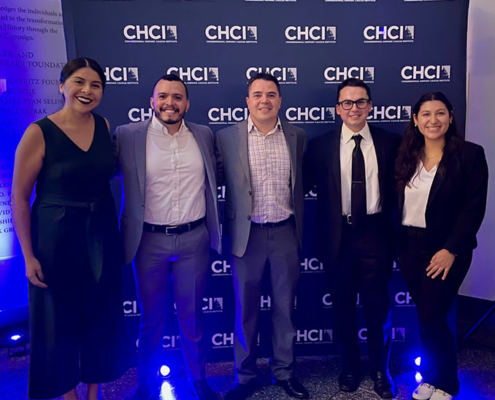
LPPI Shines at the Congressional Hispanic Caucus Institute Conference
by Alise Brillault UCLA LPPI experts and policy fellows were…
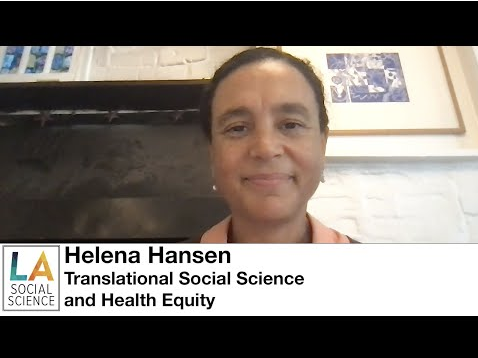
LA Social Science Presents “Conversations With Changemakers” Featuring Dr. Helena Hansen Discussing the Center for Social Medicine and Humanities
LA Social Science interviewed Dr. Helena Hansen, an MD, Ph.D.…
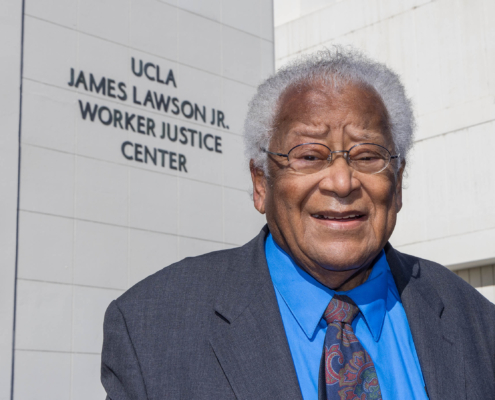
UCLA Labor Center Building Named in Honor of Iconic Civil Rights Leader Rev. James Lawson Jr.
For a building dedicated to ensuring fair treatment and opportunities…
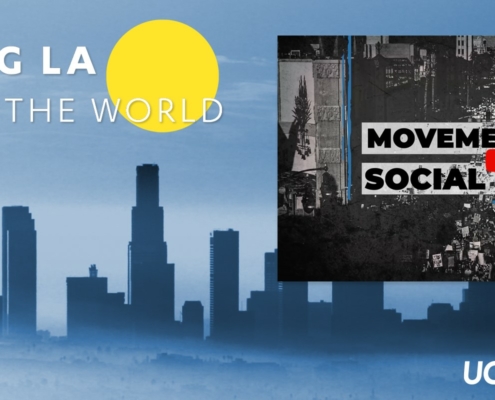
UCLA Division of Social Sciences Premieres “Movements for Social Justice” Video [UPDATED]
Just one day after a Minnesota jury took the unusual step of…
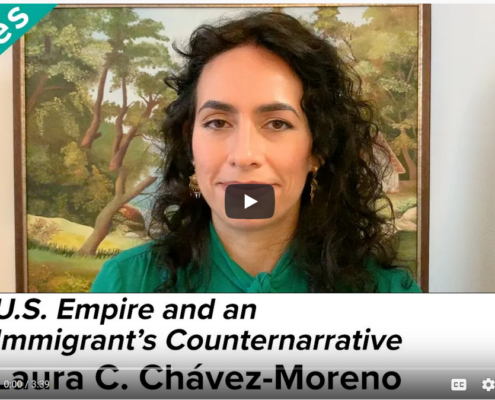
LA Social Science Video Abstract Series: The Need to Acknowledge U.S. Imperialism in Teacher Education
LA Social Science presents a new video abstract series that…
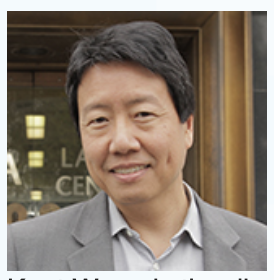
UCLA Labor Center Honored by the National Lawyers Guild of Los Angeles
On November 15, the National Lawyers Guild of Los Angeles honored…
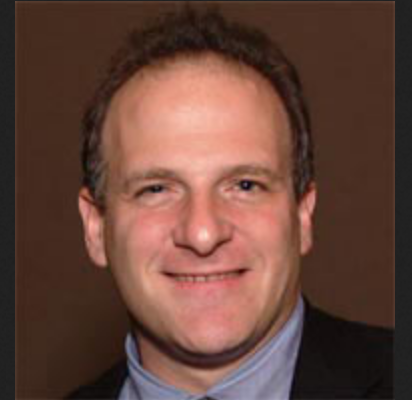
Gift Establishes The Study of Black Life and Racial Inequality Program Fund in Anthropology at UCLA
UCLA Anthropology alumnus and Professor Robert B. Lemelson has…
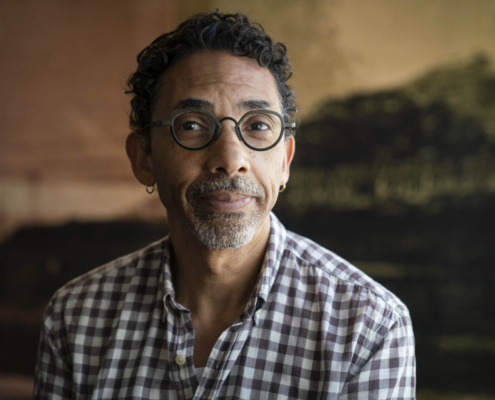
Dr. Robin D.G. Kelley Provides Historical Context for the Current Abolitionist Movement
Dr. Robin D.G. Kelley, UCLA Professor of African American…
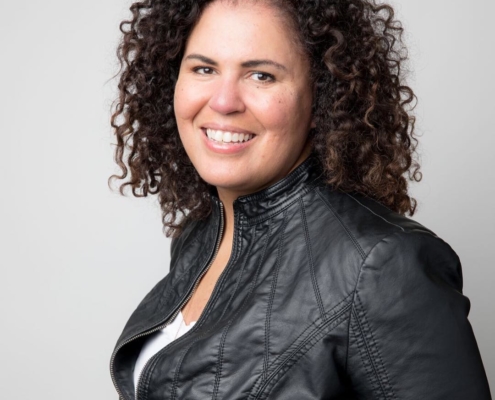
UCLA Professor Safiya Noble Pens A Reckoning for Restoration and Reparation
For the newly launched magazine, NOEMA, Dr. Safiya Noble…
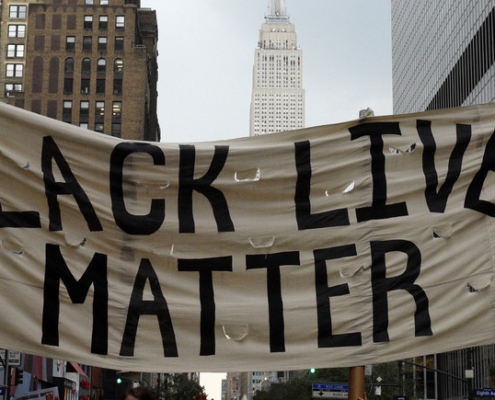
UCLA Division of Social Sciences Statements in Support of Black Lives Matter
The brutal, in-your-face murder of George Floyd by Minneapolis…

